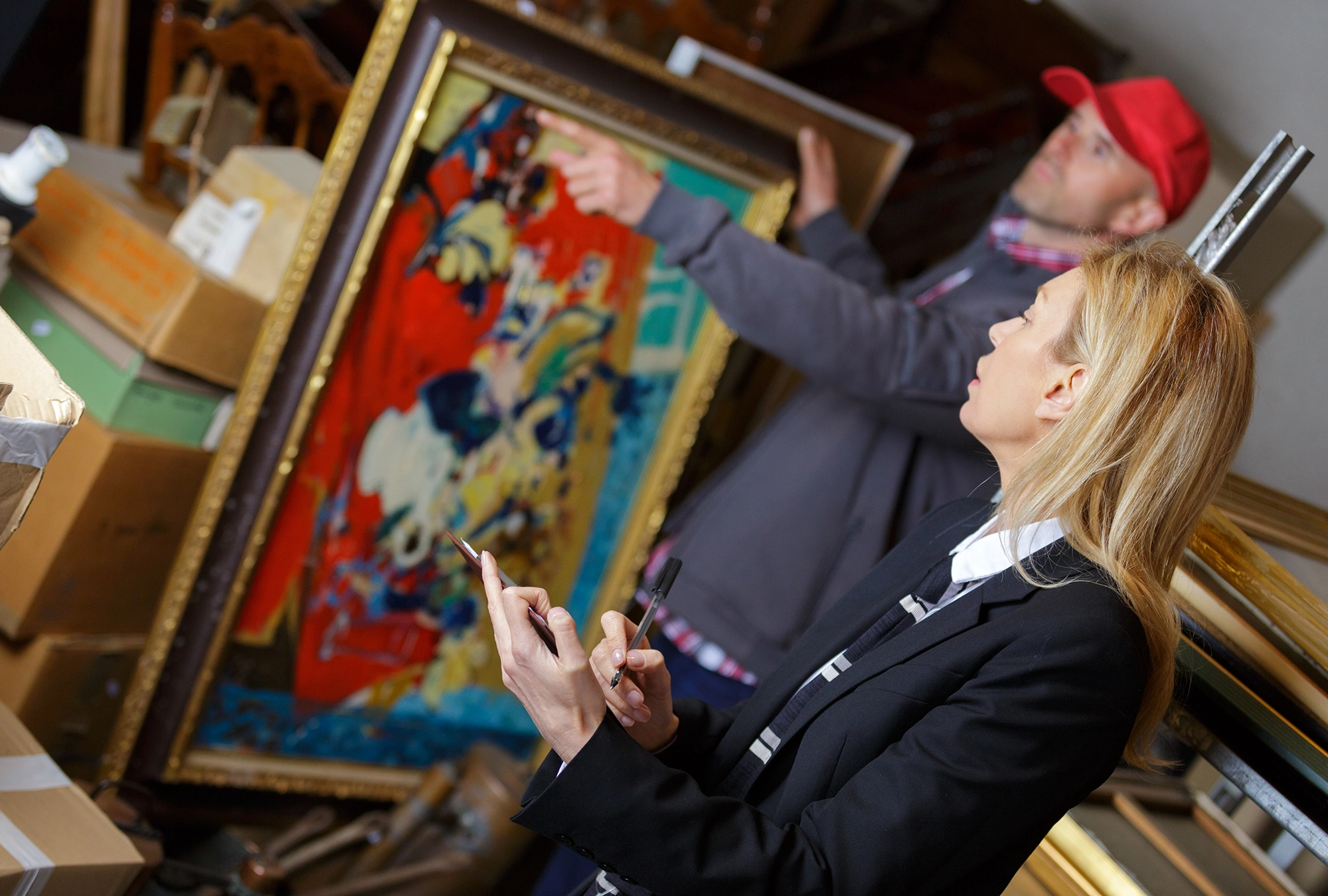Your art collection is more than an asset, it’s a reflection of your taste, values, and life’s journey. Planning ahead helps ensure your collection is preserved, appreciated, and aligned with your legacy goals. Use this checklist to guide conversations with your family, advisors, and institutions.
Clarify Your Legacy Intentions
- Define the role of art in your estate:
Will your collection stay in the family, be donated, or curated as a part of a legacy project?
- Communicate early with heirs: Art is rarely divisible. Discuss preferences and intentions to avoid disputes.
- Consider gifting during your lifetime: Gifting now can simplify estate planning, reduce tax exposure, and ensure your wishes are honored.
- Document your wishes in writing: Include specific instructions in your will or trust to avoid ambiguity.
Preserve and Protect the Collection
- Authenticate and catalog: Maintain detailed records of provenance, purchase history, and artist credentials. This supports future valuation and transfer. Consider digital cataloging tools.
- Update insurance coverage: Confirm each piece is properly insured under your homeowners or specialty policy. Understand replacement vs. agreed value and update appraisals regularly.
- Professional installation and storage: Use museum-quality framing and climate-controlled storage for high-value works.
- Plan for disaster recovery: Have a plan for fire, flood, or theft, including emergency contacts and restoration experts.
Integrate Into Your Financial Plan
- Include in your balance sheet: Treat art as a special asset with a 0% growth assumption unless professionally appraised.
- Coordinate with your wealth manager: Ensure your wealth advisor understands both the emotional and financial significance of your collection.
- Explore charitable giving options: Consider donor-advised funds (DAFs) that accept esoteric assets like art (for example, AEF, iGift Fund). Museums may not accept all donations, so vet your options early and confirm acceptance policies.
Avoid Common Missteps
- Don’t assume appreciation: Art markets are unpredictable.
- Don’t expect liquidity: Sales can take months or years.
- Don’t overlook estate logistics: Collections are easier to manage than individual pieces.
- Don’t ignore international considerations: If works are stored abroad, understand cross-border tax and legal issues.
Leverage Specialized Support
- Art advisor: Collaborates with you to build a cohesive, valuable collection, helps with valuations, and provides market insights.
- Estate planner: Helps ensure art is properly integrated into your overall legacy strategy.
- Insurance specialist: Advises on coverage, valuation, and risk mitigation.
- Tax professional: Provides advice and oversight on charitable giving and estate tax planning.
Mercer Global Advisors Inc. is registered with the Securities and Exchange Commission and delivers all investment-related services. Mercer Advisors Inc. is a parent company of Mercer Global Advisors Inc. and is not involved with investment services.
All expressions of opinion reflect the judgment of the author as of the date of publication and are subject to change. The information is believed to be accurate, but is not guaranteed or warranted by Mercer Advisors. Content, research, tools, and stock or option symbols are for educational and illustrative purposes only and do not imply a recommendation or solicitation to buy or sell a particular security or to engage in any particular investment strategy. For financial planning advice specific to your circumstances, talk to a qualified professional at Mercer Advisors





